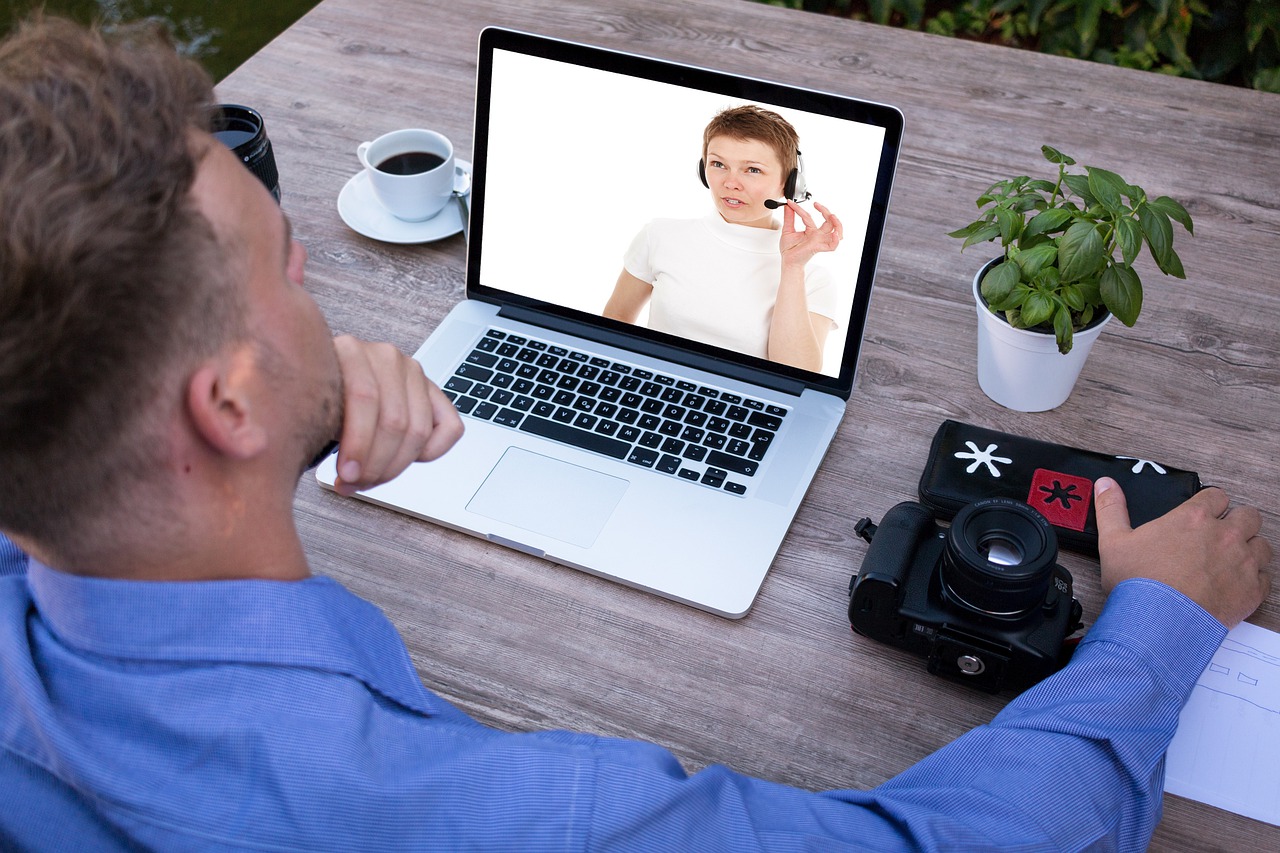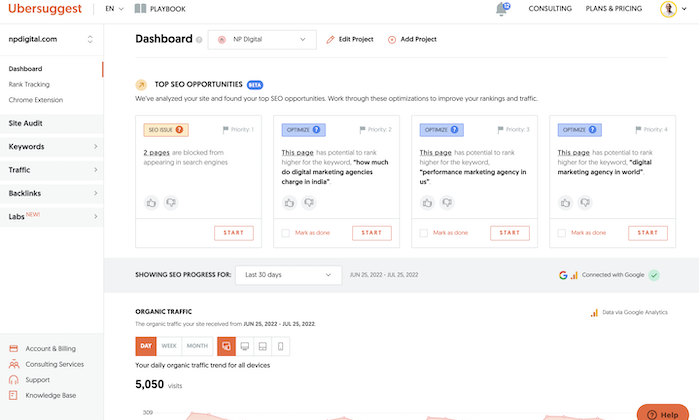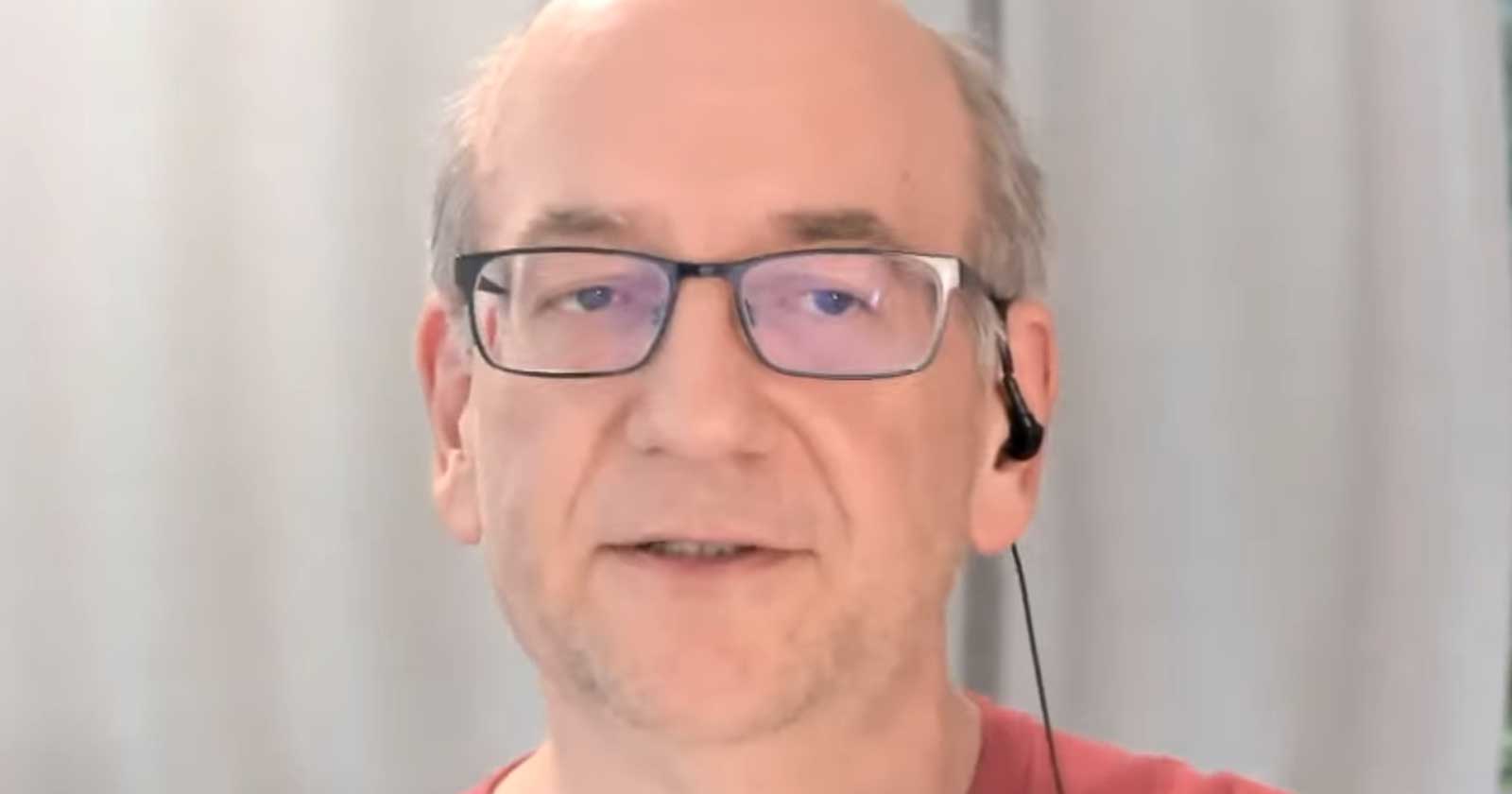Online Social Media Training
The coronavirus pandemic has changed the way we work, rest and play. It has also sped up changes in the way our media operates by increasing the digitisation process. Meetings via Zoom and Teams make the working day go...

The coronavirus pandemic has changed the way we work, rest and play. It has also sped up changes in the way our media operates by increasing the digitisation process.
Meetings via Zoom and Teams make the working day go round as we use hybrid working practices away from offices.
The way the media operates has also undergone a dramatic transformation since Covid-19 first emerged. It’s important to keep up to speed and embrace the spirit of change so that you can find new opportunities.
It’s certainly worth the investment of resource in terms of time and effort and funding expert help because there are so many online opportunities to amplify the positive things that are going on within your organisation.
And now it’s easier than ever for people to take part in television and radio interviews. You can be quizzed by journalists from the comfort of your own home or from the security of your office.
Print Media is Changing Tactics
The print media has also got in on the act. Newspaper reporters and trade specialists will often use Teams because it’s an efficient way to generate video content.
There’s also a chance that they supplement their content for their website. Video content produced via smartphones is a familiar sight on news and content outlets, especially in regional media, such as the Bristol Live website.
If the content is strong there’s every chance it will go straight to Twitter, Facebook, TikTok, YouTube, Instagram and more. It’s vital that you know what you’re doing when you’re in the thick of it and treat everything in your stride.
Media Training for Social Media Appearances
It’s important not to be taken off guard by the sight of a smartphone. Smartphones mean that anyone can, in effect, be a citizen journalist, as many public figures have found to their cost, as per this Bournemouth University study.
Social media can be a really positive force but it’s important that it’s treated seriously. That means making sure that companies, public sector organisations and charities go about their business in a professional manner.
The key to success is preparation and effective training will ensure that you have all the basics to provide the foundation for success on the social media front.
That training should examine ways to get the best out of your social media activity by looking at:
The different ways that platforms can be used – thanks to their instant nature and user-friendly flexibility, platforms like Facebook Live are a great way to share on-the-move action, behind-the-scenes activity and live events as they unfold.How best to present yourself – While you don’t need to be suited and booted, as they say, like you would when visiting a TV studio, if you’re representing a company, a public sector organisation or a charity, the casual look is fine but you do need to look professional.Where social media interviews appear – From TikTok to Facebook Live and from Twitter to Instagram, and lest we forget LinkedIn – interviews pop up here there and everywhere on the social media airwaves. Interviews could be conducted by bona fide journalists, influencers or in-house colleagues.What organisations can be found on social media – We’re living in a digital-first era and the fact that John Lewis released their Christmas advert via their social media channels shows that it’s open to everyone from household names to up-and-coming small businesses.Your audience – It’s worth taking time to study who is watching, reading and listening to your content whether they’re videos or podcasts to make sure that you pitch things perfectly.What is the value of being on social media? It’s like the Wild West out there in the world of social media and sadly it’s not all positive because you’re wide open to public scrutiny. That’s why it’s worth establishing how best to monitor your social media activity to make sure that your output is targeting the appropriate platforms and paying dividends.The new normal – Whether you like it or not, there’s no getting away from the need for an online presence. So while you can’t control everything, it’s best to establish how you can embrace the ways to maximise your control.How can you use your own channels to boost your profile – The Peso Model, which stands for Paid, Earned, Shared and Owned, is the best model for spreading the word when you’ve got something to shout. It could be re-purposing content that you might have worked hard to achieve in a national newspaper or sharing it on your social media channels.Using Social Media to Your Advantage
The digital age is an exciting time for all things media and there are lots of brilliant opportunities which can be used to enhance the profile of your organisation.
Right from DIY broadcasting via a Twitter account to coping with the unexpected, there are lots of ways to enhance reputations.
Some people make it to look easy but that’s only because social media training has become an important part of personal development plans and overarching strategies.
An investment in training makes sure that people are ready for the all the different challenges that social media poses.

 Troov
Troov 











![7 Strategies That Will Get Powerful Results for Your Marketing and Sales Teams [Free Webinar on May 24th]](https://neilpatel.com/wp-content/uploads/2022/05/1362817_WEBINAR-7StrategiesThatWillGetPowerfulResultsForYourMarketingAndSalesTeams.jpg)












.jpg&h=630&w=1200&q=100&v=f776164e2b&c=1)







